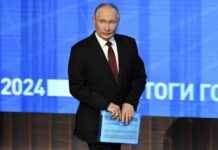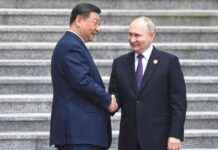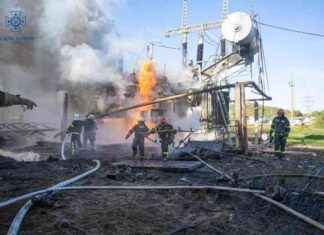Ukraine-Moldova Energy Trade: A Game-Changer for Transnistria’s Electricity Crisis
In a groundbreaking move to address Transnistria’s energy crisis, Ukrainian President Volodymyr Zelenskyy and Moldovan President Maia Sandu met in Kyiv on 25 January. The Institute for the Study of War (ISW) reports that the leaders discussed a potential deal where Ukraine would offer coal to Transnistria in exchange for electricity.
The Complex Geopolitical Landscape of Transnistria
Transnistria, a breakaway region of Moldova under de facto Russian control, has long been a point of contention in the region. With Russian “peacekeepers” stationed there since the 1990s, the recent halt of Russian gas transits by Ukraine led to a cut in gas supplies to Transnistria by Russia. This move aimed to sow instability in Moldova by placing blame for the gas cuts on Moldova and Ukraine.
Zelenskyy’s Bold Proposal
During a joint press conference, President Zelenskyy offered to supply Transnistria with coal at reduced prices or even free of charge in exchange for electricity. Additionally, he proposed sending Ukrainian specialists to help boost the electricity output of the Transnistrian power plant, potentially enabling it to serve both Moldova and Ukraine. Zelenskyy estimates that this partnership could lead to a significant 30% reduction in electricity prices throughout Moldova.
Russian Influence and Resistance
Despite these generous offers, Transnistrian authorities have historically rejected similar assistance from Moldova and Ukraine, preferring arrangements where Moscow provides just enough gas to meet the breakaway republic’s domestic electricity needs. Ukrainian and Moldovan officials have pointed out that Russia’s actions are designed to sway Moldovan public opinion in the lead-up to the 2025 parliamentary elections.
The Broader Implications
This energy trade proposal between Ukraine and Moldova not only has the potential to alleviate Transnistria’s electricity crisis but also carries significant geopolitical implications in the region. By seeking alternative energy solutions and reducing reliance on Russian gas, Ukraine and Moldova are taking steps to assert their independence and strengthen their ties.
In conclusion, the Ukraine-Moldova energy trade deal signifies a pivotal moment in addressing the energy challenges faced by Transnistria. As the region navigates complex geopolitical dynamics, this innovative partnership could pave the way for a more secure and sustainable energy future.

















